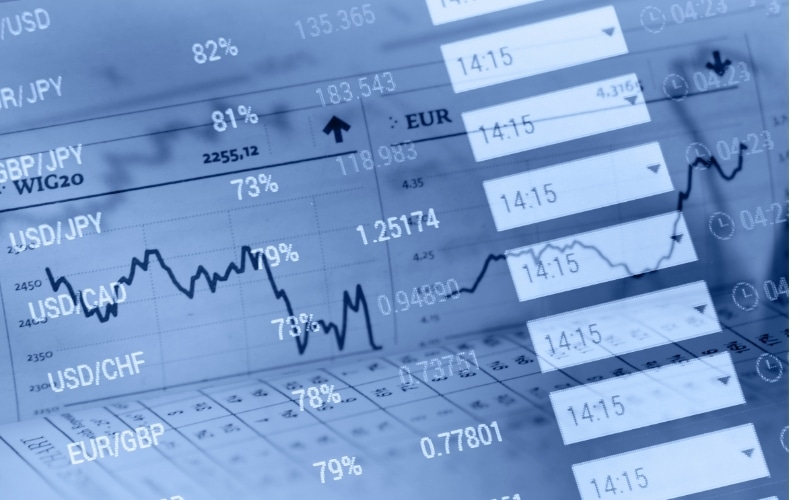When trading currency pairs, you will notice that the price you buy the base currency at (ask price) is different from the amount at which you sell the base currency (bid price). The difference between the two prices is called the spread. It is what forex brokers, especially those that do not charge commissions, earn as their profit. The spread determines the transaction costs of trade.
Types of spreads
The applicable type of spread depends on your broker. The two broad categories are the fixed and variable spreads.
Fixed spread
A fixed spread is one that is not dependent on the market conditions. This means that regardless of the level of volatility in the market, the spread will remain unchanged. This provision is usually made by brokers who purchase large positions and avail them to the traders in lesser sizes.
One of the key advantages of a fixed spread is its low capital requirements. As such, it is an apt option for traders with a small amount of trading capital. Besides, since the spread remains constant, it is easy to estimate the transaction costs before opening a trade.
However, requotes are a common challenge when dealing with this type of spread. The broker is not able to adjust the spread, even when the market is volatile. Subsequently, your trade may be blocked when you try to open it at a certain price. You will then receive a requote message, which is the broker’s way of presenting a new price. The price is usually higher than the initial one.
Spillage is yet another problem with fixed spreads. In a volatile market, prices change rapidly. In such a situation, it may be difficult for the broker to maintain the fixed spread. The result is a price that is different from the expected entry price.
Variable spread
A variable spread is the opposite of a fixed one. Under this category, the spread availed by a broker changes constantly. This occurs because the broker buys positions from different liquidity providers. The prices are then forwarded to the trader. Consequently, the spread may tighten or widen depending on the market volatility and the demand/supply forces. For instance, the release of crucial economic data will result in a wider spread.
One of the main advantages of the variable spread is that it eliminates the challenge of requotes. The variation in spread usually factors in the different conditions and subsequent price changes. Furthermore, the pricing is fairer and more transparent as the trader can access the prices of different liquidity providers.
However, a variable spread is not ideal for a news trader or scalper. In both cases, a wide spread is likely to result in hefty losses.
Calculation of spreads and transaction costs
As aforementioned, spreads are presented in the form of pips and represent the difference between the ask and bid price. To calculate the resultant transaction costs of opening a trade, you will need to know the lot size and pip value.
With most currency pairs, the value of one pip is 0.0001. Let’s assume that you have opened a buy position of the GBPUSD pair at 1.30445. That buying price is what is referred to as the bid price. If you choose to close the trade immediately, you may get a selling price (ask price) of 1.30443. In this case, the spread will be 1.3045 – 1.3043 = 0.00002 or 0.2 pips.
To compute the resultant transaction costs, let’s assume that you are trading with a standard lot size. A standard lot equates to 100,000 units of a currency. As such, your transaction costs will be 0.00002/0.2 pips * 100,000/standard lot = $2.
While this amount may seem considerably low, volatile market conditions and high leverage can widen the spread in a matter of seconds.



